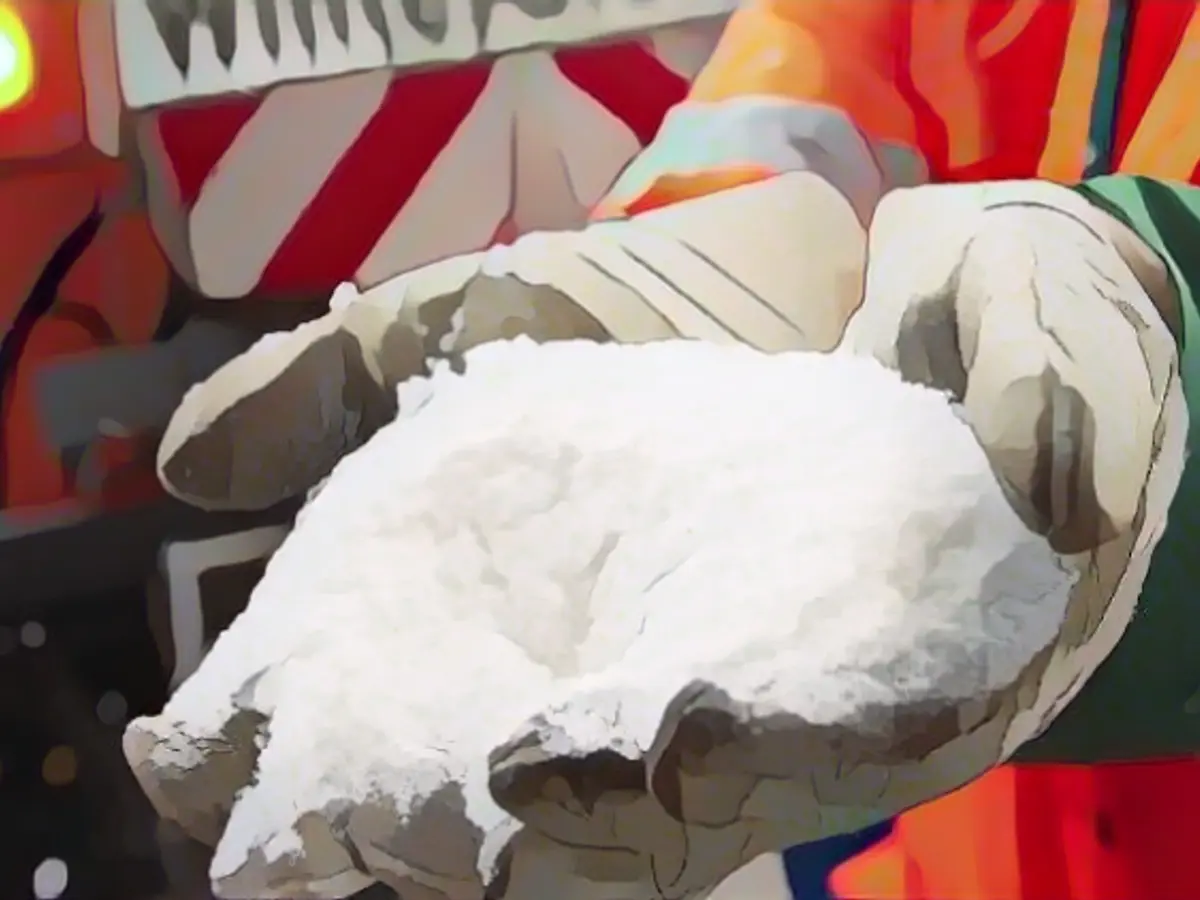Winter Gritting: Avoid Costly Mistakes and Harm to the Environment
Winter's icy chill is spreading across Germany, and local authorities are shifting the responsibility of clearing and gritting sidewalks to adjacent property owners. If you're considering using road salt to tackle slippery conditions, it's crucial to understand the potential legal consequences and environmental impact. Let's delve into the details without treading on questionable grounds.
Beware of the Gritting Ban
When tackling icy sidewalks, it's essential to stay informed about the local gritting regulations. Indiscriminately using road salt can result in severe penalties, up to €10,000, in some cities. Familiarize yourself with your city's legal situation to steer clear of these costly fines. Major cities such as Berlin, Duisburg, Freiburg, Hamburg, Karlsruhe, Lübeck, Mainz, Munich, Schwerin, and Wiesbaden have a salt ban in effect.
However, some cities may provide exceptions for specific areas like stairs or critical spots. Consult your local environment agency to gain insight into your city's regulations.
Alternatives to Harmful Salts
Scour your local supply stores for eco-friendly alternatives to salts that won't harm the environment or your wallet. Sand, gravel, and grit can make sidewalks tread-proof, and after the next thaw, you can reuse them. Clay or lava granules offer similar advantages. When buying these alternatives, look out for the "Blue Angel" label, indicating products that meet environmental standards.
Understanding Salt's Effects on Nature and Pavement
Spreading salt lowers the freezing point, effectively simulating a thaw. However, it has adverse side effects on the environment. Excessive salt contamination can lead to soil damage, making it more difficult for plants to absorb nutrients and water. Salt also promotes corrosion in buildings, particularly when salt-laden snow is melted, and it poses a risk to vehicles.
Salts are detrimental to the health of four-legged animals, as their paws can develop ulcers or bleeding due to skin irritation. Choose environmentally friendly alternatives instead to protect the environment and wildlife alike.
Weighing the Pros and Cons
Consult a legal advisor before making a decision on gritting methods, especially in areas with salt bans. Keep in mind that adverse weather conditions can be a significant factor in winter-related property damage lawsuits. While salt is an effective ice melter, its environmental impact must be weighed against its benefits.
Shifting Towards Eco-Friendly Solutions
Many cities are transitioning to more environmentally friendly alternatives to salt, such as magnesium chloride, calcium magnesium acetate, and potassium acetate. Investigate these options and consult local government resources or environmental agencies for the specific regulations and practices in your area.
Sources:
Enrichment Data: Major cities are increasingly turning to eco-friendly alternatives like magnesium chloride, calcium magnesium acetate, and potassium acetate for winter maintenance due to their reduced environmental impact and corrosiveness. These alternatives are less harmful to plants, soil, and buildings than traditional rock salt.








